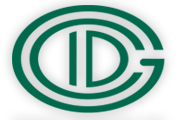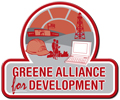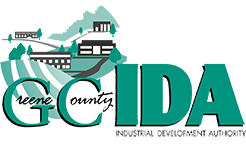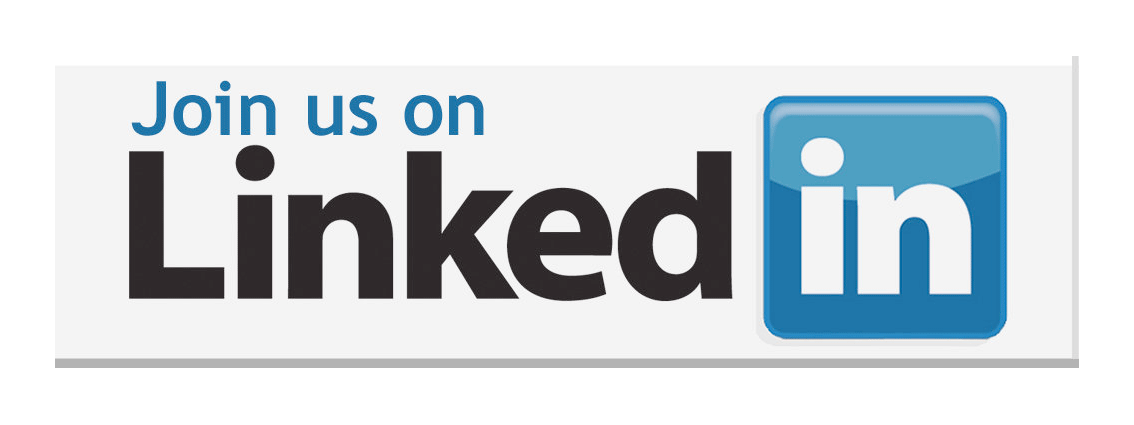FEDERAL FUNDING SOURCES
FEDERAL FUNDING SOURCES
If financing is needed, the GCIDC will work to review the proposed financing project and recommend financing alternatives utilizing local, state and federal financing programs, as well as grant opportunities.
Many of the available programs can be packaged to work in conjunction with each other; however each has its own specific requirements and restrictions. Therefore, the first step should always be to contact the GCIDC so that a complete assessment can be performed to determine which programs may be applicable. The GCIDC staff will coordinate and assist in the application process for all involved lending sources in an effort to streamline and expedite the request.
U.S. Small Business Administration – SBA Loans
All SBA loan programs lend to small businesses unable to secure financing on reasonable terms through normal lending channels. The loan programs are operated through private-sector lenders that provide loans which are, in turn, guaranteed by the SBA — the Agency has no funds for direct lending or grants. Most private lenders (banks, credit unions, etc.) are familiar with SBA loan programs so interested applicants should contact their local lender for further information and assistance in the SBA loan application process.
Here you will find brief descriptions of the primary loan programs available through funding from the U.S. Small Business Association (SBA). For detailed information, visit the web site at www.sba.gov
- 7(a) Loan Guaranty Program – One of the SBA’s primary loan programs, 7(a) offers loans of up to $2,000,000. (The maximum dollar amount the SBA can guarantee is generally $1 million.)
- Certified Development Company (CDC), a 504 Loan Program– Provides long-term, fixed-rate financing to small businesses to acquire real estate or machinery or equipment for expansion or modernization. Typically a 504 project includes a loan secured from a private-sector lender with a senior lien, a loan secured from a CDC (funded by a 100 percent SBA-guaranteed debenture) with a junior lien covering up to 40 percent of the total cost, and a contribution of at least 10 percent equity from the borrower.
- Microloan Program – The Microloan program offers loans of up to $35,000 to qualified start-up, newly established, or growing small business concerns. Loans are arranged through nonprofit community based lenders (intermediaries) which, in turn, make loans to eligible borrowers. The entire Microloan process is handled on the local level, but you must go to one of the local lenders to apply.
- Disaster Recovery Loans – If you are in a declared disaster area and are the victim of a disaster, you may be eligible for financial assistance from the U.S. Small Business Administration – even if you don’t own a business. As a homeowner, renter and/or personal-property owner, you may apply to the SBA for a loan to help you recover from a disaster.
- America’s Recovery Capital Loan Program (ARC) – SBA’s America’s Recovery Capital Loan Program can provide up to $35,000 in short-term relief for viable small businesses facing immediate financial hardship to help ride out the current uncertain economic times and return to profitability. Each small business is limited to one ARC loan. ARC loans will be offered by some SBA lenders for as long as funding is available or until September 30, 2010, whichever comes first.
- Other SBA Loans – For complete information on the loan programs shown above, as well as other more specialized loans available through the SBA, see: Financing Your Business – from the SBA.
- Veterans & Disabled Persons – Unfortunately, the SBA has not been granted funds to offer special loan programs to assist either veterans or disabled persons. However, individuals of both groups are eligible for all SBA loan guaranty programs. In addition, veterans are eligible for special consideration under SBA’s guaranty loan programs. The special consideration given veterans includes: Liaison personnel in each field office; In-depth management counseling and training assistance; and, Prompt and priority processing of any loan application.
U.S. Department of Agriculture
The mission of the USDA Rural Development Business and Cooperative Programs is “to enhance the quality of life for rural Americans by providing leadership in building competitive businesses including sustainable cooperatives that can prosper in the global marketplace.”
The USDA meets these goals by 1) investing financial resources and providing technical assistance to businesses and cooperatives located in rural communities; 2) establishing strategic alliances and partnerships that leverage public, private, and cooperative resources to create jobs and stimulate rural economic activity. For detailed information, visit the web site at www.usda.gov
Rural Development Business and Cooperative Programs
Loan & Grant Programs
- Business and Industry Guaranteed Loan (B&I) Program
- Intermediary Relending Program (IRP)
- Rural Business Enterprise Grant (RBEG) Program
- Rural Economic Development Loan and Grant (REDLG)
- Biorefinery Assistance Program Biorefinery Assistance Loan Guarantees (BIOREFINERY)
- Bioenergy Program for Advanced Biofuels
- Repowering Assistance Program
- Rural Energy for America Program/Energy Audit and Renewable Energy Development Assistant (REAP/EA & REDA)
- Rural Energy for America Program/Renewable Energy Systems/Energy Efficiency Improvement Program (REAP/RES/EEI)
- Rural Energy for America Program/Feasibility (REAP/FEASIBILITY)
- Rural Energy for America Program Guranteed Loan Program (REAP LOAN)
- Farmbill Initiatives – REAP
Supporting Documentation









